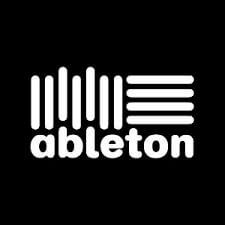
Many VPNs include split tunneling, a feature that lets you route some website and app traffic outside the encrypted VPN connection. (Editors’ Note: IPVanish VPN is owned by Ziff Davis, PCMag's parent company.)īeyond basic VPN protection, Avast SecureLine VPN has little to offer. Atlas VPN, Avira Phantom VPN, IPVanish VPN, Editors' Choice winner Surfshark VPN, and Windscribe VPN all place no limit on the number of simultaneous connections. It is worth noting, though, that an increasing number of VPN providers are moving away from these controls. A family or device-heavy household should be easily covered. That's double the average we've seen across the industry, and makes a strong value argument for Avast. It's also our overall top-rated VPN.Ī SecureLine VPN subscription lets you connect up to ten devices simultaneously. ProtonVPN has the best free subscription we've seen, as it places no limit on your bandwidth. Nothing is cheaper than free, and there are some free VPNs that are worth consideration. If your wallet is feeling a bit light, consider one of the cheap VPNs we've reviewed. Mullvad VPN, for instance, costs just 5 euros per month ($4.97 at time of writing).

There are also many VPN companies that offer more features than SecureLine VPN and still charge less. Still, it's a little difficult to swallow such a hefty up-front cost, especially when the VPNs we track charge, on average, $9.89 per month. Editors' Choice winners Mullvad VPN and IVPN both accept cash payments sent to their respective HQs for a truly anonymous experience. Many VPNs now accept crypto currency as a semi-anonymous payment option. You can make your purchase with Avast using major credit cards or PayPal.



How to Free Up Space on Your iPhone or iPad.How to Block Robotexts and Spam Messages.


 0 kommentar(er)
0 kommentar(er)
